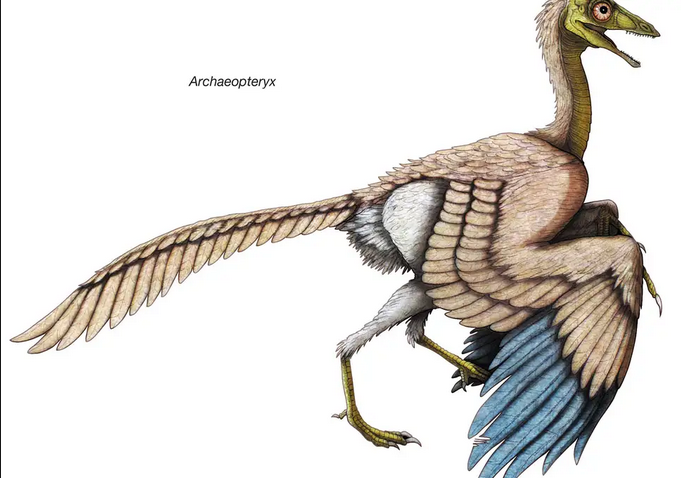If new species were continuously evolving, then there ought to be lots of intermediate forms scattered across the fossil record, but there were not. In fact, the record as it existed then (and for a long time afterward) showed no life at all right up to the moment of the famous Cambrian explosion. (By coincidence, in 1861, at the height of the controversy, just such evidence turned up when workers in Bavaria found the bones of an ancient archaeopteryx, a creature halfway between a bird and a dinosaur. (It had feathers, but it also had teeth.) It was an impressive and helpful find, and its significance much debated, but a single discovery could hardly be considered conclusive.)

But now here was Darwin, without any evidence, insisting that the earlier seas must have had abundant life and that we just hadn't found it yet because, for whatever reason, it hadn't been preserved. It simply could not be otherwise, Darwin maintained. "The case at present must remain inexplicable; and may be truly urged as a valid argument against the views here entertained," he allowed most candidly, but he refused to entertain an alternative possibility. By way of explanation he speculated — inventively but incorrectly — that perhaps the Precambrian seas had been too clear to lay down sediments and thus had preserved no fossils.











